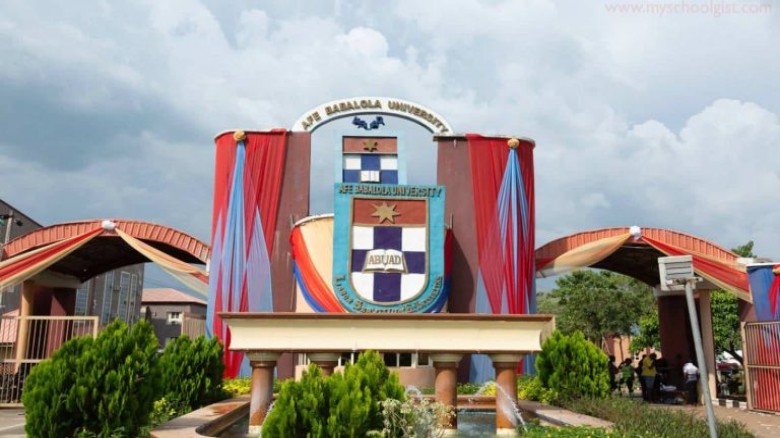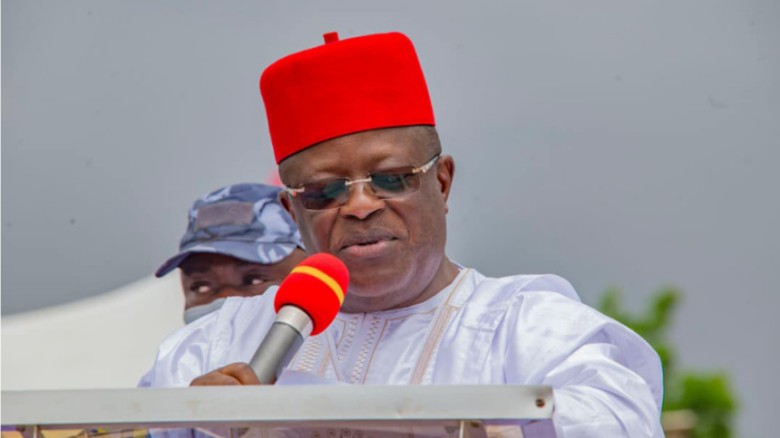FG to review Lagos-Calabar coastal road to six lanes
The Federal Government has announced a cost-saving review of the Lagos-Calabar Coastal Road project, which will reduce the number of lanes from ten to six.David Umahi, Minister of Works, revealed this on Friday during a tour of the project, citing the need to address design variations and unexpected challenges, such as the evacuation of up to 10 meters of deep refuse and backfilling of affected areas.
Umahi explained that the changes aim to reduce costs while ensuring that the highway achieves its goals. "This review is necessary due to variations in the initial design and additional interventions required along the route," according to him.
The Minister also mentioned efforts to preserve structures along the project corridor, with some of the land being repurposed to create service lanes for nearby communities.
To ensure road stability and durability, adjustments to the initial design include the construction of retaining walls in critical sections, such as the Landmark area.
The 750-kilometer highway will include solar-powered streetlights, security cameras, strategic security posts, and tree planting to improve environmental sustainability and aesthetics.
Umahi stated that 20 kilometres of the project's first phase would be completed by May 29, 2026, along with other critical road projects.
The Lagos-Calabar Coastal Highway, which spans nine states, is a 700-kilometer infrastructure project designed to improve connectivity and economic growth along Nigeria's coastline.
The project is managed using an Engineering, Procurement, Construction, and Financing (EPC+F) model, with Hitech Construction Company taking financial responsibility and the Federal Government providing counterpart funding.
The route begins on Victoria Island in Lagos and continues through Ogun, Ondo, Delta, Edo, and Calabar. The initial plans included 10 lanes with a rail line integrated into the carriageways, constructed with innovative 11-inch-thick concrete reinforced with 20mm steel.
Construction began in March 2024, with the first phase covering 47.7 kilometres in Lagos State and beginning at Ahmadu Bello Way. Phase 1 is scheduled to be completed in May 2025, after which tolls will be implemented to recover costs.
The entire project is expected to be completed in eight years, with sections opening in stages as they are finished.
























Leave A Comment